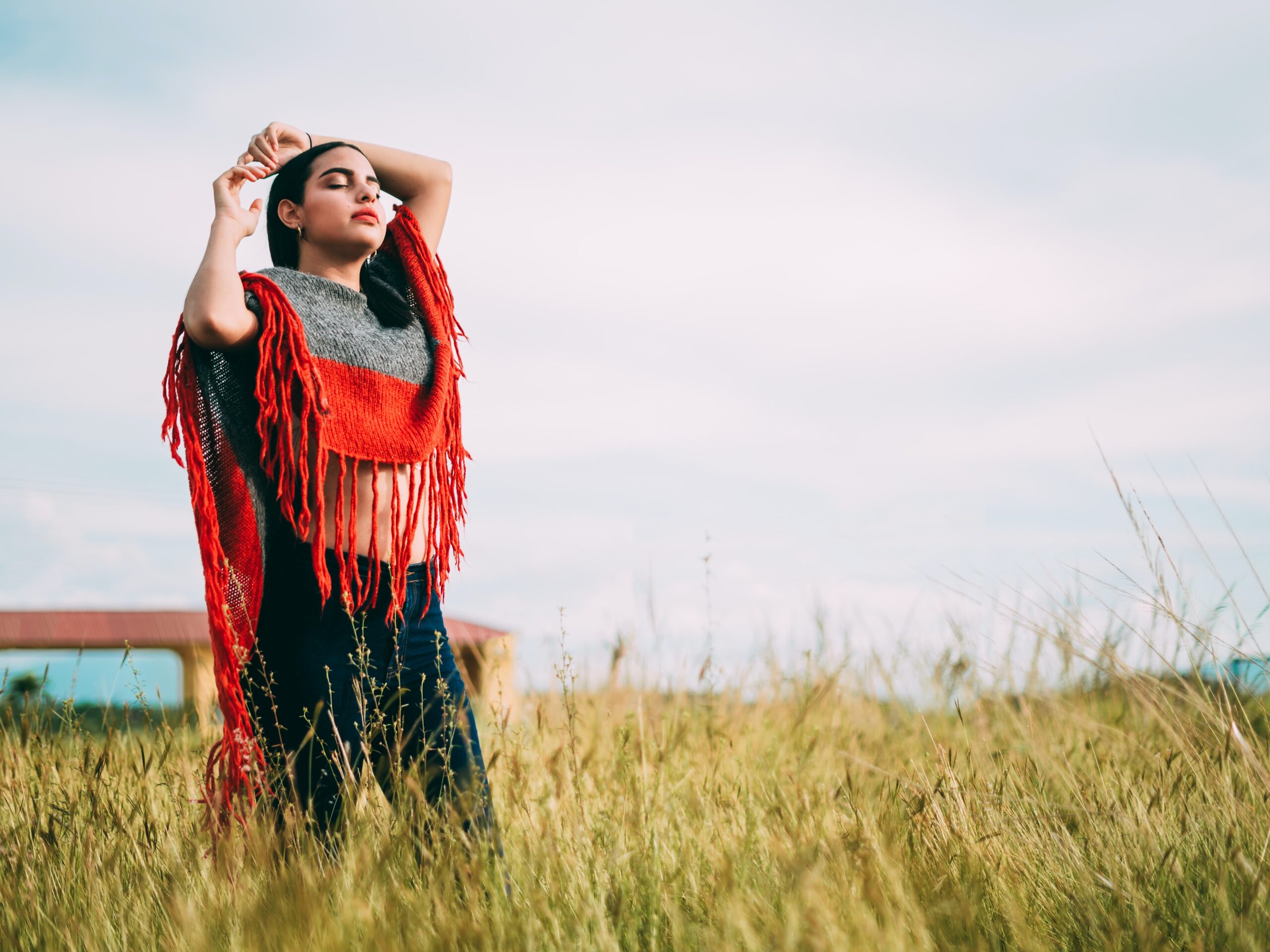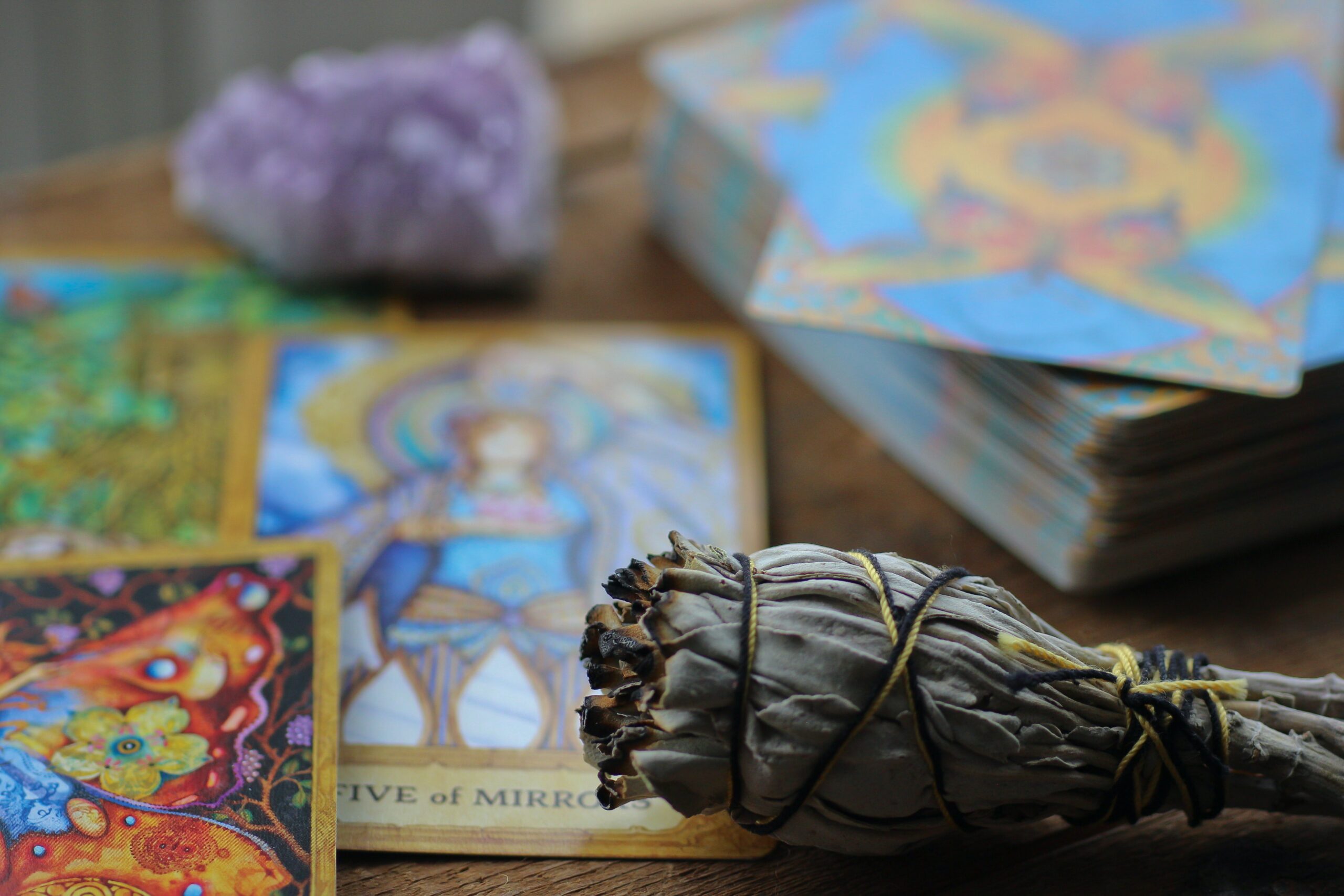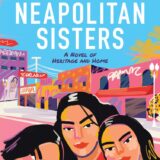Latina Culture & Indigenous Roots Connection By: Mónica Duarte


As a Mexican woman who is also Indigenous – reconnecting to my Indigenous roots has become very important in my life. During my journey of reconnecting, I have done ancestral healing work and gotten more educated about my roots. One book that changed everything for me was, From Indians to Chicanos, by James Diego Vigil.
In this book, I learned many things about my Aztec ancestors I didn’t know before! Mexico has a long history of colonization. So there are few Indigenous people in the country who continue to hold the wisdom and teaching of our ancestors. This is why so many of us have found it challenging to embrace our Indigenous roots and that way of life. As I was reading this book, one thing became clear: many things in the Mexican culture have always been part of our Indigenous culture, but we don’t know it.
If you’re Latina but not Mexican, I invite you to take what I share here and see how this could relate to your culture. Notice if there are any similarities. It’s also important to understand that Mexico comprises different Indigenous people, not the Aztecs alone. The book I’m referencing here mainly focuses on the Aztecs. To keep things simple, I’ll focus on the Aztecs for this example.
If you have roots to other Indigenous tribes, it’s important you learn more about them and see if there are any similarities between how they lived then and their influence on your culture now. In this article, I’m not speaking for all Latinas with Indigenous roots. Instead, I’m sharing my experience and education to inspire you to become curious about your Indigenous roots.

The Aztecs Culture and Survival Evolved Around Agriculture
During the times of the Aztecs before colonization, everything about their culture evolved around the land. The Aztecs lived in communities and operated in this way. Everything about the culture was about the whole and not just one individual person. Agriculture was important because the more land they had, the more crops they could grow, which meant they could feed and take care of the community. They also had a strong sense of democracy.
The Aztecs worked the land with the mindset of what was best for the greater good. Working the land was not seen as something only “poor” people did. As a community, the Aztecs understood that every part of the culture was important to the community. Instead, they saw growing food as a joyful thing and a way to be connected to the land and each other.
Interestingly enough, if you look at Mexican culture now, you’ll see agriculture is still a critical aspect of the culture. Working the land is something that many Mexicans are still doing over 500 years after.
Sadly, it wasn’t until the colonizers stole the land that working the land became a negative thing. It became a way to enslave the Aztecs and other Indigenous people. This is why some Mexicans no longer see agriculture and working the land as positive or joyful. It’s no longer about the local community but about being used for cheap labor and feeding millions or even billions of people that are not part of their culture. They’re also working the land that was stolen from them. All of these factors contribute to the oppression of many Mexican people who have Indigenous roots.

The Aztecs Were Spiritual People
Another essential aspect of the Aztec people is they were highly spiritual. Their connection to the land strongly influenced their spirituality. They used the land to give purpose to their lives and their existence. If you look at Mexican culture today, you can still see this strong spiritual influence. Even though a lot of spirituality changed to Catholicism due to the impacts of colonization, many of the Mexican spiritual ceremonies and events today are traced back to their Indigenous roots. For example, the Day of the Dead is originally Indigenous. La Virgen de Guadalupe is linked to the Aztec goddess, Tonantzin. Their spirituality also inspired them to create the Aztec Calendar, which is a guide to their way of life.
There are many more examples! You have to look beneath the surface to find traces of Indigenous spiritual practices and beliefs.
The Aztecs Were Great Builders
History has shown that the Aztecs were expert builders. They built a whole city (what is now Mexico City) on top of a swamp. In addition, they also built pyramids and giant structures. Their ability to build also inspired them to create a sophisticated mathematics system as well as creating an advanced form of astronomy for the times.
It’s no wonder many Mexicans naturally gravitate to working in construction and building beautiful buildings, and they are great at it! It’s something they have been doing for over 500 years!

The Aztecs Were Highly Creative
Finally, creativity is another huge aspect that was important to the Aztecs. Their connection to the land inspired them to create music, art, pottery, clothes, jewelry, and dances that honored the land and spirituality – just to name a few. Most women in the Aztec communities were encouraged to be creative. Creativity was a natural ability for them. If you look at Mexican culture today, you can see strong influences of this everywhere. It makes sense why Mexicans are naturally creative and love music and dancing.
These are a few examples of how the Mexican culture today has strong roots in our Indigenous past. Although the Spanish tried to erase these roots, they were not thoroughly successful. Mexico is an Indigenous country no matter how many European countries have tried to colonize it.
With this information, I invite you to look at your own Latino culture and become curious about the various aspects that make it unique. You might be surprised at what parts of your culture are Indigenous too. The challenge then becomes removing the elements that the colonizers forced on us so we can reconnect to the true essence of who we have always been.



